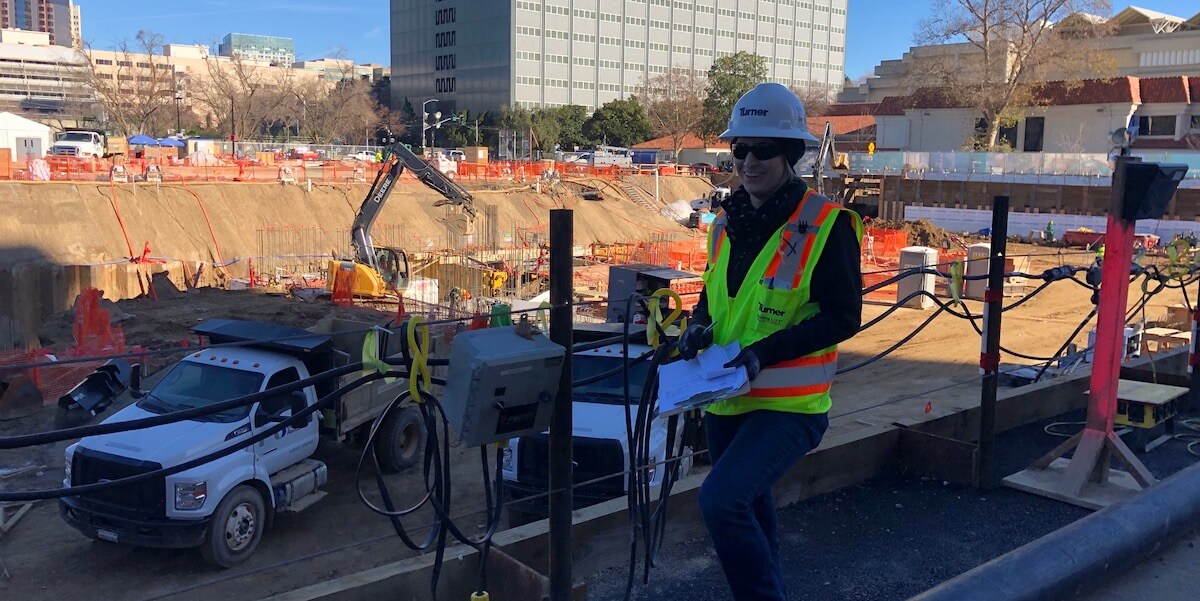Becoming a civil engineer is one of the most honoured professions. You build bridges, schools, highways, hospitals, residential apartments and buildings. Civil engineering requires unique skills for civil site development and designing innovative structures. Let’s explore some basic skills you need to master for a successful career as a civil engineer.
Mathematics and physics
It is hard to miss these subjects when it comes to engineering. You will have to work with complex problems and formulas to understand and estimate building parameters to ensure that the structure aligns with central and state building norms.
Technical skills
This subject requires a good grasp of design techniques and the creation of models and charts. Knowing your software and applications well may help you excel.
Project management
A civil engineering job also includes monitoring the project from beginning to end and collaborating with contractors, architects, engineers and other professionals to complete the project on time. Additionally, they allocate responsibilities to team members and check if everyone is doing their job correctly.
Problem-solving
From the planning stage to civil site development, a civil engineer encounters numerous problems. They may face complicated issues related to the building plan, client demand or design restrictions. Their ability to find adequate solutions helps to resume work. Finding a solution is not the limit. Discovering a cost-effective and viable solution is equally important.
Teamwork
In any project, a civil engineer works with team members, colleagues, different professions and third-party vendors. By possessing teamwork qualities, you can work efficiently and complete the project on time.
Communication skills
A civil engineer has to be fluent in conveying ideas to the architect, construction workers and other involved parties.
Organisation skills
Tracking the building’s progress will be your daily task. Your duty is to ensure conformity between project plans, design documents, budget and rules related to the project. It includes documentation of the complete procedure.
Critical thinking ability
Most projects that civil engineers undertake are complex and have huge budgets. Hence, you must have a solution ready for all problems.
Work under pressure
Civil engineering work can be unpredictable and may face delays and unexpected expenses even with accurate planning. You should have the ability to tackle problems thrown in you your way.
Attention to minute details
A tiny mistake could alter the make-up of a building. Perfection and accuracy are essential while planning, designing and creating structures.
A civil engineer mainly requires basic knowledge of bricks, beams, slabs, concrete, cement and foundations. In addition, knowing architectural illustrations and memetic systems is a plus.





